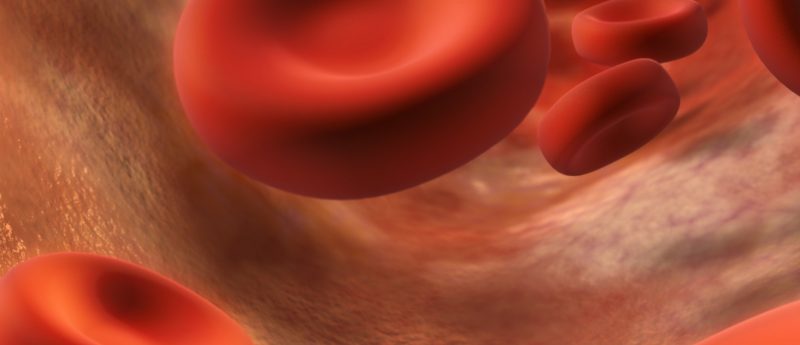Modified stem cells used to produce missing blood clotting factors

Engineered allogeneic stem cells, which were shielded from the immune system by biomaterial encapsulation, have been used to treat hemophilia by producing recombinant human hemophilia factors.
Scientists at Sigilon Therapeutics (MA, USA) have shown that allogeneic stem cells that have been modified to produce recombinant human hemophilia factors, causing therapeutic levels of blood clotting factors. The cells had previous been encapsulated in Abifromerâ„¢, a biomaterial capable of shielding cells from the immune system.
Current treatments for hemophilia are expensive and time-consuming without addressing long-term complications. Sustained delivery of a therapeutic effect in a manner that is dose-adjustable and durable could result in better clinical outcomes.
In this research, the team from Sigilon placed human cells modified for optimized hFVIII, hFIX and hFVII protein production inside Abifromer spheres. These were administered intraperitoneally into wild-type mice, resulting in therapeutic levels of blood clotting factors. The cell spheres were also tested in murine models of hemophilia A, resulting in dose-dependent levels of functional hFVIII in plasma and a corresponding correction of bleeding time and blood loss.
In the abstract, the authors wrote: “The sustained secretion achieved after a single IP implantation creates a viable alternative to traditional factor delivery or gene therapy with several important advantages.”
Source: Carmona G, Barney L, Sewell J et al. Correcting Bleeding Disorders Using Blood Clotting Factors Produced by Shielded Engineered Allogenic Cells. Presented at: American Society of Gene & Cell Therapy Annual Meeting. Washington, DC, USA. 2019